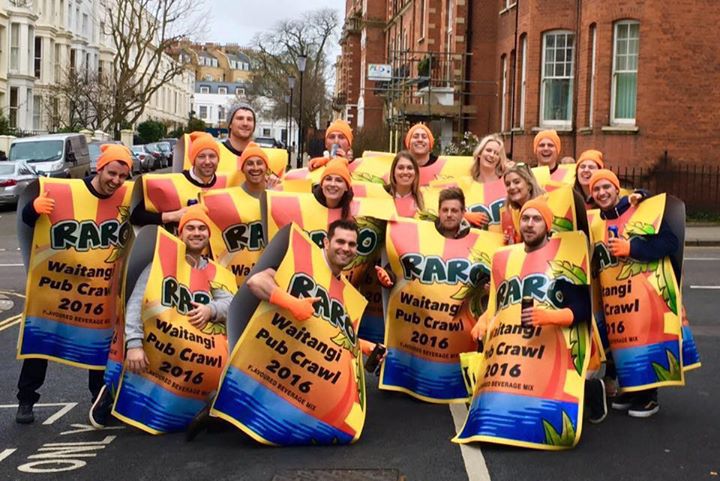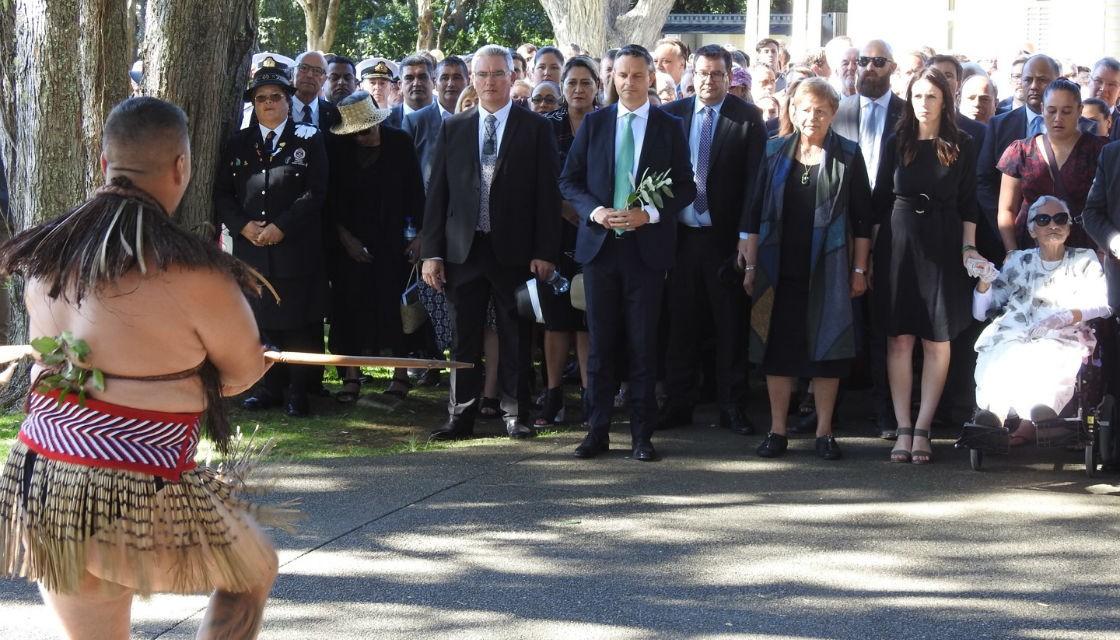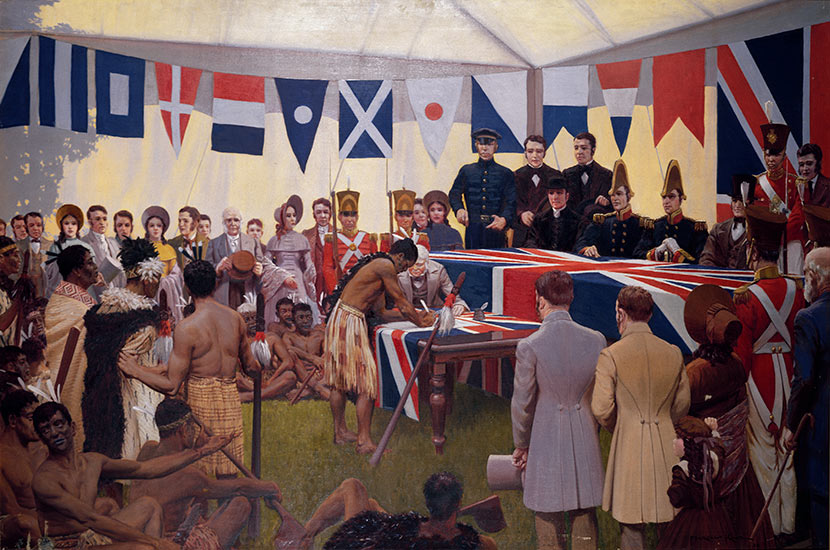Despite never formally declaring its independence, New Zealand observes a national day every year. On the 6th of February, the nation commemorates the signing of the Treaty of Waitangi – a pact forged between the indigenous Māori tribes and European settlers of the British Empire.
While most countries see their respective national days as a time for celebration, Waitangi Day is a day of reflection. The treaty that our forefathers agreed upon in 1840 symbolized a partnership between the two peoples, an understanding to mutually take care of the land and to be respectful of each other’s place in Aotearoa.
The tangata tiriti – the people of the Treaty – or the settlers that had made the remote country in the Southern Hemisphere their new home, would be allowed to continue their settlements and the Crown be given authority to govern them. The tangata whenua – the people of the land – would be recognized as the indigenous people of New Zealand, and their inherent responsibility as guardians over their territories and the natural resources of the land would be acknowledged.
This was an understanding of harmonious co-existence, and was eloquently proclaimed by the Māori chief Nopena Pana-kareao when he said: “The shadow of the land will go to him [the Crown], but the substance will remain with us [Māori].”

The true nature of this partnership is one that tends to be forgotten or misunderstood often by contemporary New Zealanders, which makes its annual observation all the more important. In a partnership, there are no superiors nor are there inferiors – there can only be equals.
One common misconception about the Treaty of Waitangi is that it marked the ceding of sovereignty by Māori over their lands, and thus Waitangi Day commemorates the British Empire’s dominion over New Zealand. Given that there were hundreds of Māori chiefs representing scores of tribes all over Aotearoa present during the treaty signing, and that the number of European settlers in the country numbered to only a few thousands, it is hard to fathom why Māori would abdicate ownership over their lands.
There is much debate over the exact intention of the Treaty that was signed in 1840. Proponents of a Euro-centric interpretation of the Treaty argue that the document signed by the Māori chiefs gave the Queen complete sovereignty over the land, which implies that all land would be under the ownership of the Crown.
Such a view is countered in reading the text of the Treaty of Waitangi, which states that the Crown “confirmed and guaranteed to the chiefs exclusive and undisturbed possession of their lands and estates, forests, fisheries, and other properties.” For Māori, they retained tino rangatiratanga – or chieftainship – over their domains even after signing the Treaty.

The loss of Māori land is among the biggest injustices suffered by indigenous New Zealanders as a result of British colonialism, it has been attributed as the single biggest factor of why Māori languish in all standards of living measures.
How can we justify the partnership mandated by the Treaty, if one of our own is suffering under dire circumstances? The economic divide between Māori and non-Māori is huge, and this glaring disparity seriously questions our commitment as a nation to improve the plight of our fellow New Zealanders.
We pride ourselves as a nation that enshrines egalitarianism and respect for human dignity, yet the original inhabitants of our country are being left behind in this ‘Kiwi dream’. They are disproportionately affected by poverty, homelessness, incarceration rates and mental health problems – this model of partnership we currently have is clearly not working.
On Waitangi Day, may we reflect on the plight of our Māori whanau and dispel the notion that respecting their land rights under the Treaty is somewhat a form of “privilege”; rights inherently belong to a person, privileges are borne out of colonial overtures. At the same time, may we also remember what a genuine partnership entails: a partnership of equals, working together to achieve a shared prosperous future.

